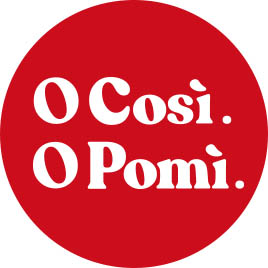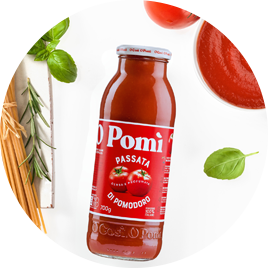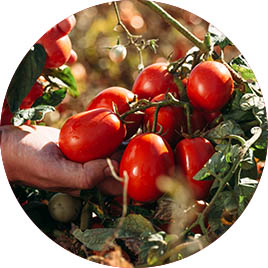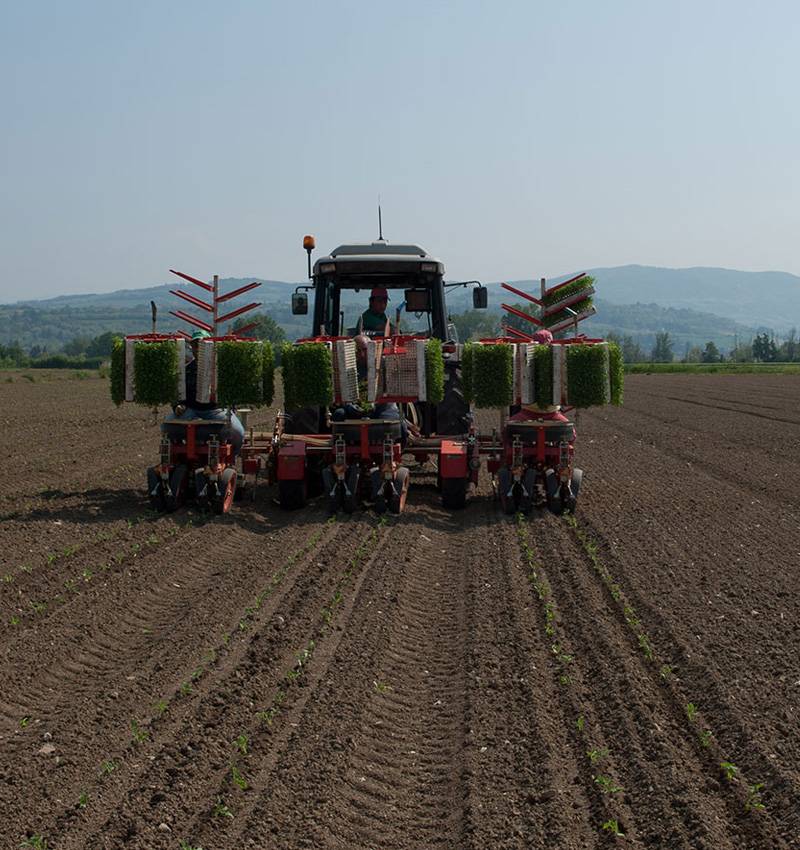2020 was supposed to be a critical year for achieving fundamental nature conservation targets.
A lot has been done, but there is still a long way to go. These extraordinary times have reminded us just how important it is to protect the Planet's ecosystems, which often suffer due to the presence of humans and their activities.
The International Day for Biological Diversity* was celebrated on 22nd May and invites us to reflect on how important it is to (re)find the right balance between human activities and respect for ecological balances, fundamental not only for animal and plant species, but for mankind's very existence.
We know only too well that a good recipe must be balanced in its flavors, ingredients and consistencies. The same goes for environmental protection and this is why the recipe for the Pomì supply chain is all about striking the right balance between productivity and ecological footprint.
Quality is the indispensable prerequisite of each and every Pomì product and is increasingly perceived as a synonym of environmental, ethical, social and economic sustainability. We are increasingly certain that all action which aims to encourage ethical and sustainable behavior is an added value for the entire supply chain. Our way of producing with (com)passion is grounded in this consideration.
The three Ps of the Pomì footprint
People:
Choosing to stick to production in fields close to plants means supporting local production and giving something directly back to our community, the farmers of the Consortium.
Planet:
We consider the ecological footprint of all our products, not only during cultivation but along the entire supply chain. The local land, the custodian of our red heart - is the fundamental asset we are committed to respecting and preserving through the development of good and increasingly innovative farming practices in terms of sustainability, with particular focus on energy and water consumption efficiency, so as to reduce our environmental footprint.
Product: a small heritage of biodiversity
Fresh tomato is without a doubt the heart of our attention and the relationship between farming and biodiversity comes before everything else.
Davide Rocca, Pomì Manger of Farming confirms this with his words:
"On land next to tomato fields we cultivate pollinating varieties to increase biodiversity, nurture the ecosystem and the local area, which must be productive but healthy too".
In order to produce tomatoes, they must be protected, but in a sustainable way. We abide by stringent production specifications and calculate sustainability rates in all phases of tomato production and transformation.
Because the right balance between productivity and ecological footprint is the only way to guarantee the wellbeing of this Plant and its ecosystems.
* The 22nd May has been chosen by the UN to celebrate the adoption of the Convention on Biological Diversity. A moment of reflection and discussion on the importance of protecting animals and safeguarding their natural habitat.







